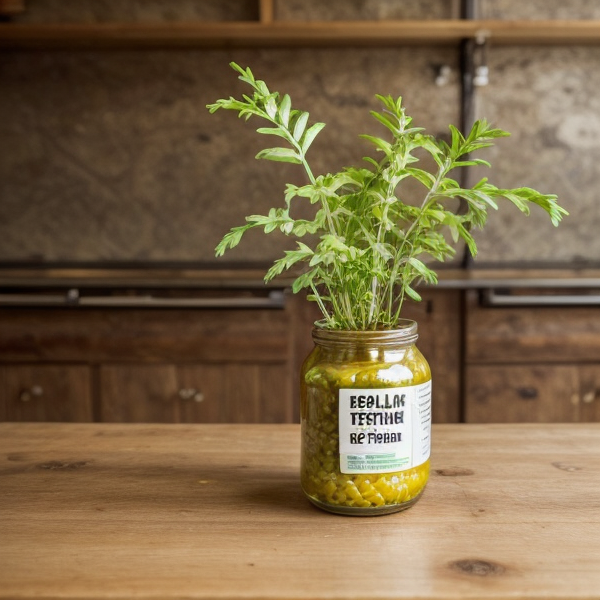Reducing Waste through DIY Plant-Based Staples

“`
[Your blog’s introduction]
Are you tired of throwing away plastic containers and wrappers from store-bought food items? Do you want to reduce your environmental footprint but don’t know where to start? Look no further than your own kitchen! In this article, we’ll show you how to make some simple, plant-based staples at home using common ingredients and reusable containers. Not only will you save money, but you’ll also be reducing waste and supporting a more sustainable lifestyle.
1. Make Your Own Yogurt
Store-bought yogurt comes with its fair share of packaging waste. Instead, try making your own yogurt using a glass container or even a mason jar. All you need is milk (or soy, almond, coconut, or oat milk), a yogurt starter, and an electric yogurt maker (optional). Once you have mastered the art of homemade yogurt, you can experiment with different flavors and toppings.
2. Grow Your Own Herbs and Spices
Herbs and spices are essential in any kitchen, but they often come in small, single-use packets that end up in the trash. To avoid this waste, consider growing your own herbs and spices indoors or outdoors. You can use small pots, jars, or even old glass bottles to create a beautiful and functional herb garden. Plus, fresh herbs add flavor like nothing else!
3. Make Your Own Bread
Store-bought bread can contain preservatives, additives, and excessive packaging. Making your own bread not only allows you to control what goes into it, but it also means you can bake as much or as little as you need. You can use reusable cloth bags or containers to store your freshly baked loaves, and once they’re gone, simply compost the leftover scraps.
4. Ferment Your Vegetables
Fermentation is a process that has been used for centuries to preserve food and enhance its nutritional value. By fermenting vegetables, you can create delicious and healthy condiments like sauerkraut, kimchi, and pickles without all the added salt and sugar found in store-bought varieties. All you need is clean, sterilized jars and some time to let the magic happen.
5. Make Your Own Cleaning Supplies
Many commercial cleaning products contain harsh chemicals that can harm both your health and the environment. Instead, try making your own natural cleaning supplies using vinegar, baking soda, lemon juice, and other household ingredients. You can store these cleaners in reusable glass spray bottles or containers, and best of all, they work just as well (if not better) than their store-bought counterparts.
By making these simple changes in your kitchen, you’ll not only be reducing waste but also saving money and supporting a more sustainable lifestyle. So why wait? Start today and see how easy it is to live a greener life!
Remember, every small change counts, and together we can make a big difference. Share your experiences and tips for reducing waste in the comments below. Happy DIYing!
[Your blog’s conclusion]
“`
